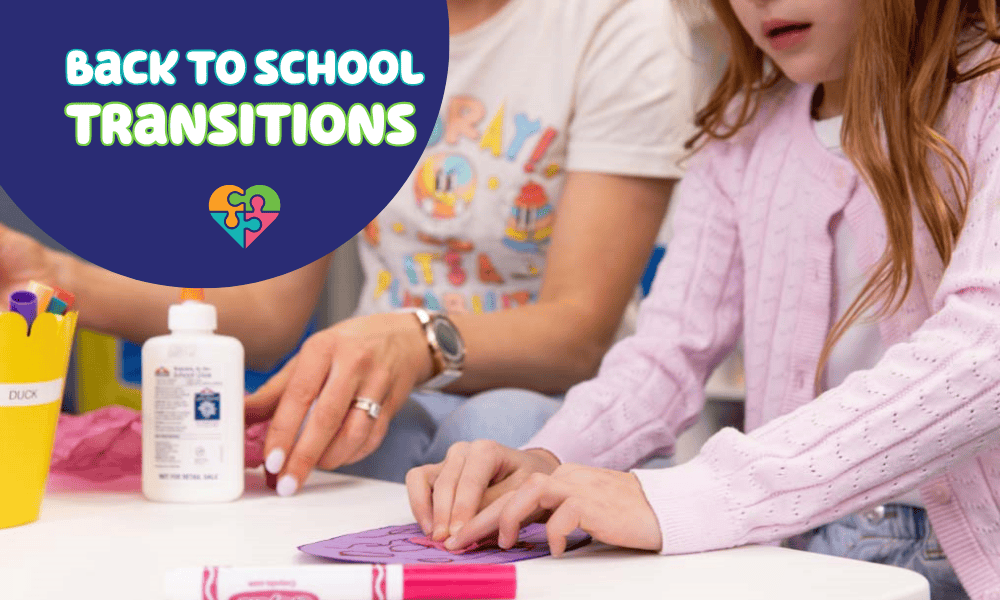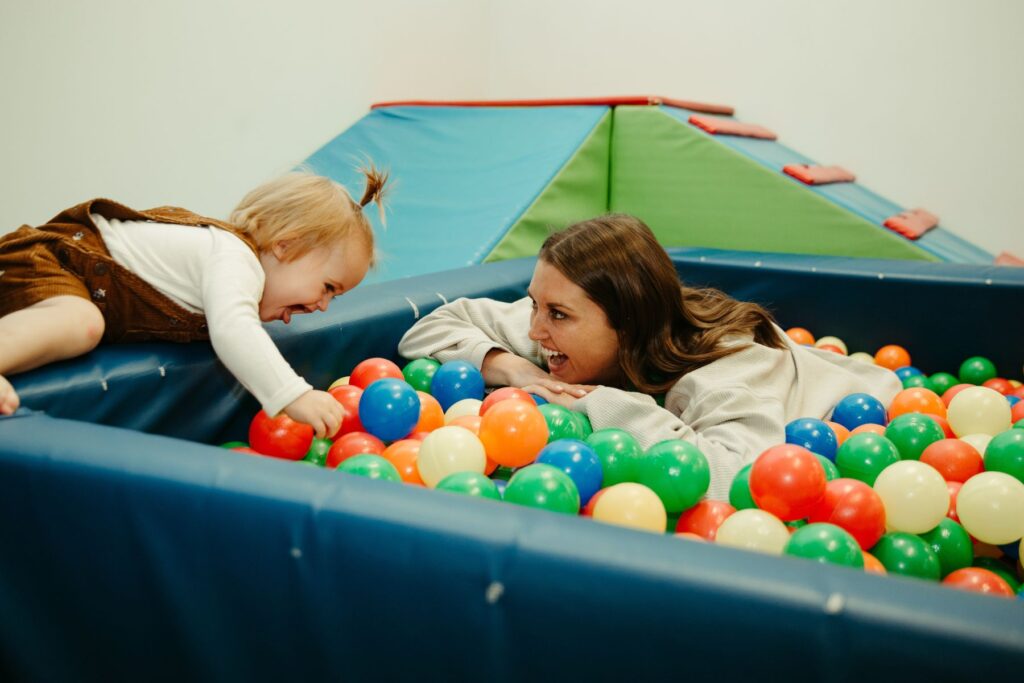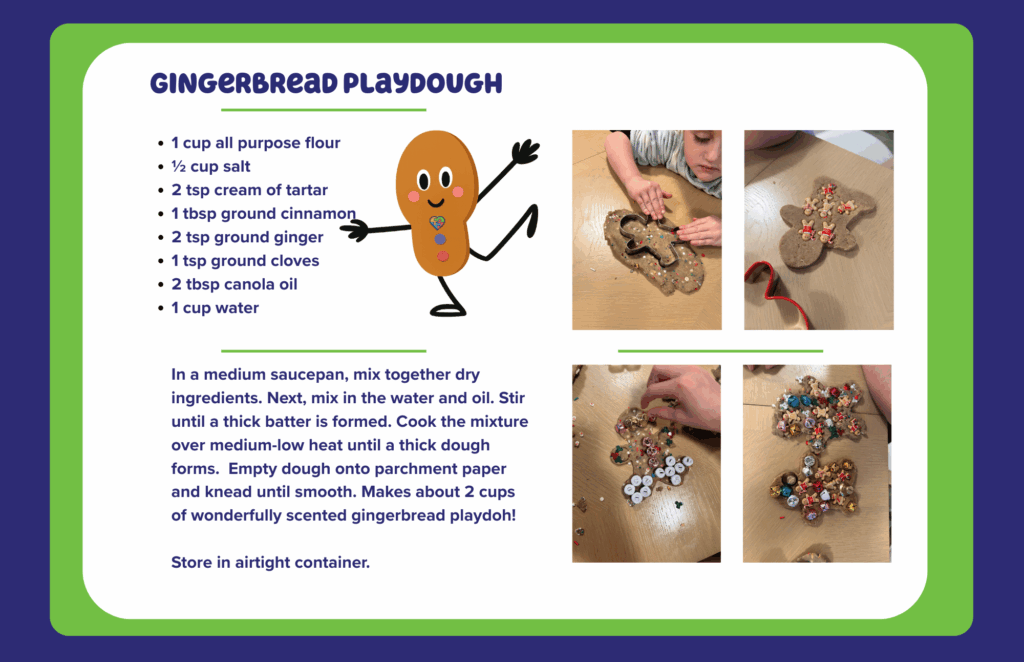
What causes back to school anxiety?
Why can these transitionary seasons be so challenging for some kids?
Our nervous system craves predictability and routine. Knowing what to expect when we walk into a situation helps us feel safe.
Think about going to a social event. It is likely that one of the first things that you think about is who you are going to go with, ensuring that you have a comfortable and familiar person to talk to. You also seek out the facts of what to expect walking into the situation.
- Who else will be there?
- What attire is expected?
- Will they serve food?
When any of these elements is left unknown, our nervous system starts to do what it was made to do, it sends our body signals to be on alert and be ready to protect itself, because there are missing elements of predictability that leaves room for surprise.
Our nervous system is our protector. Its job is to keep us safe. Surveying our environment and gathering information to help us create predictability helps us literally – and physically – feel safe.
We can help our kids manage their back to school anxiety by intentionally creating routines and offering helpful information that gives kids more predictability about what their school year will look like!
Want to help calm your child’s nervous system and get them ready for a new school year?
Try some of these tips!
- Pull out a yearbook and spend some time reviewing your child’s class list, getting them familiar with names and faces of peers they can expect to see in their classroom this year. Let them talk to you about memories that they have from pictures of fun events they remember from their school year last year.
- Help your child make intentional social connections by setting up a play date with a peer who will be in your child’s class this year. If you live near a peer, consider setting up a carpool to provide a helpful social connection that may ease the morning drop-off routine.
- Plan out “talking points” with peers. Come up with 2-3 things your child did this summer to share with teachers and friends! (i.e., vacations, special relative visits, etc.)
- Create a visual schedule in your child’s room for the “countdown” to back to school. Put up visuals of friends and their teacher for the year in their room/on your fridge/anywhere they can see who they will be working with this school year!
- Organize a specific place for your child to keep their backpack, lunchbox, school water bottle, and any other daily materials that they need for school. Create a specific place for school clothes (including socks and shoes) to be stored. Prep school clothes and materials in this identified space the night before. If your child is in Kindergarten or older, involve them in the organization process to help them build executive function skills and begin to create routines. For younger kids, expect that they need assistance to develop these routines and understand expectations before we can expect them to do these tasks on their own.
- Work with your child to make a breakfast menu. Get a list of foods that your child will be excited about and can realistically eat in a given time frame prior to needing to leave for school.
- Set expectations for bedtime and wake-up time, and stick with it! Focus on ensuring your child’s basic needs of sleep and hunger are met prior to sending them off to a full day of school!
- Social stories about back to school can be helpful. If you’re familiar with chatGPT, you can get creative with uploading a picture of your child, a picture of your child’s school, and prompting chatGPT to create a social story about their first day of school. You can give as many or as little prompts as you’d like to help shape the story. If you’re already in therapy at Playabilities, ask your therapist for support in creating a social story!
If you’ve gotten through this list of tips and you’re feeling overwhelmed because your child is still melting down and clinging to you as you try to pry them out of the car week 2 of school, you are not alone. You both will get through this, but you need to expand your village of support. Your child is likely a “deeply feeling” child, as Dr. Becky Kennedy refers to them. We love deeply feeling kids, and we are experts in supporting them! Contact us today to set up an evaluation and begin to build your village of support!

